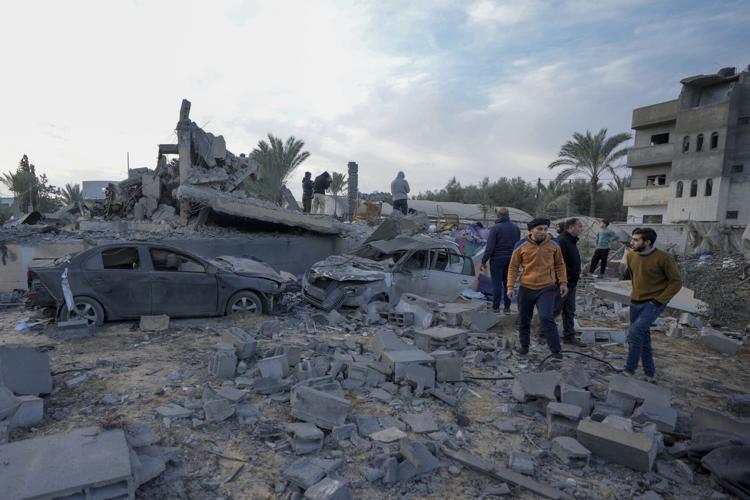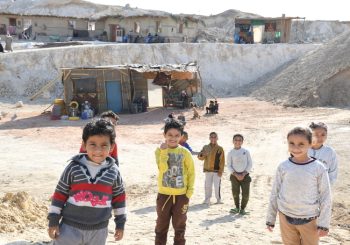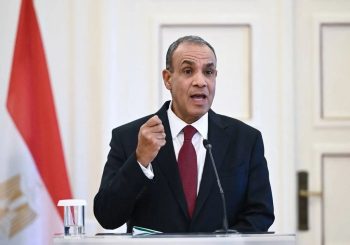Israeli airstrikes overnight killed at least 71 people in Gaza and injured over 200, just hours after a ceasefire agreement was announced on Wednesday 15 January to conclude 15 months of the war on Gaza.
Gaza’s Civil Emergency Service noted that rescue teams were retrieving bodies from rubble following targeted strikes in various neighborhoods, including Al-Rimal and Jabalia.
This violence has cast doubt on the viability of the ceasefire brokered by Qatar, Egypt, and the United States.
The ceasefire deal, set to take effect on Sunday 19 January, outlines a six-week cessation of hostilities alongside the gradual withdrawal of Israeli forces from the Gaza Strip.
It also includes provisions for the release of hostages held by Hamas in exchange for Palestinian prisoners in Israeli custody.
However, Israeli Prime Minister Benjamin Netanyahu has raised concerns about Hamas’ commitment to the agreement, stating that the Israeli cabinet would not convene until Hamas accepts all terms. Hamas, in statements to the media, said it had already accepted the deal and had not requested any further changes.
International reactions to the ceasefire have been largely positive, with the US President Joe Biden highlighting its potential to deliver humanitarian aid to Gaza and reunite families separated by the conflict.
With ongoing violence, the United Nations and the International Committee of the Red Cross are preparing to scale up aid operations.
The conflict between Israel and Hamas has resulted in over 46,600 Palestinian deaths, with more than half of those identified as women, children, or elderly.
The violence escalated significantly after Hamas militants crossed into Israeli territory on 7 October 7, 2023, killing over 1,200 people and taking around 250 hostages.
The humanitarian crisis in Gaza continues to worsen, with estimates suggesting that many bodies remain uncounted beneath the rubble, complicating the already dire situation.







Comments (0)